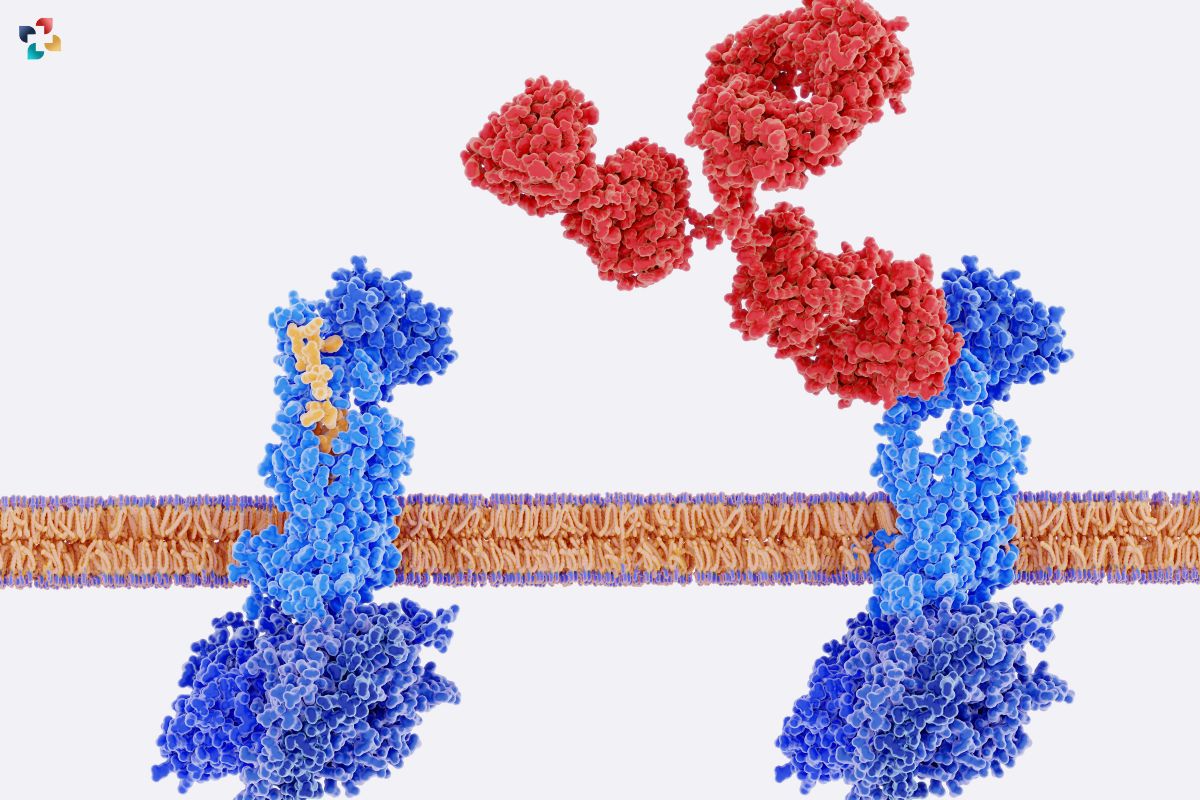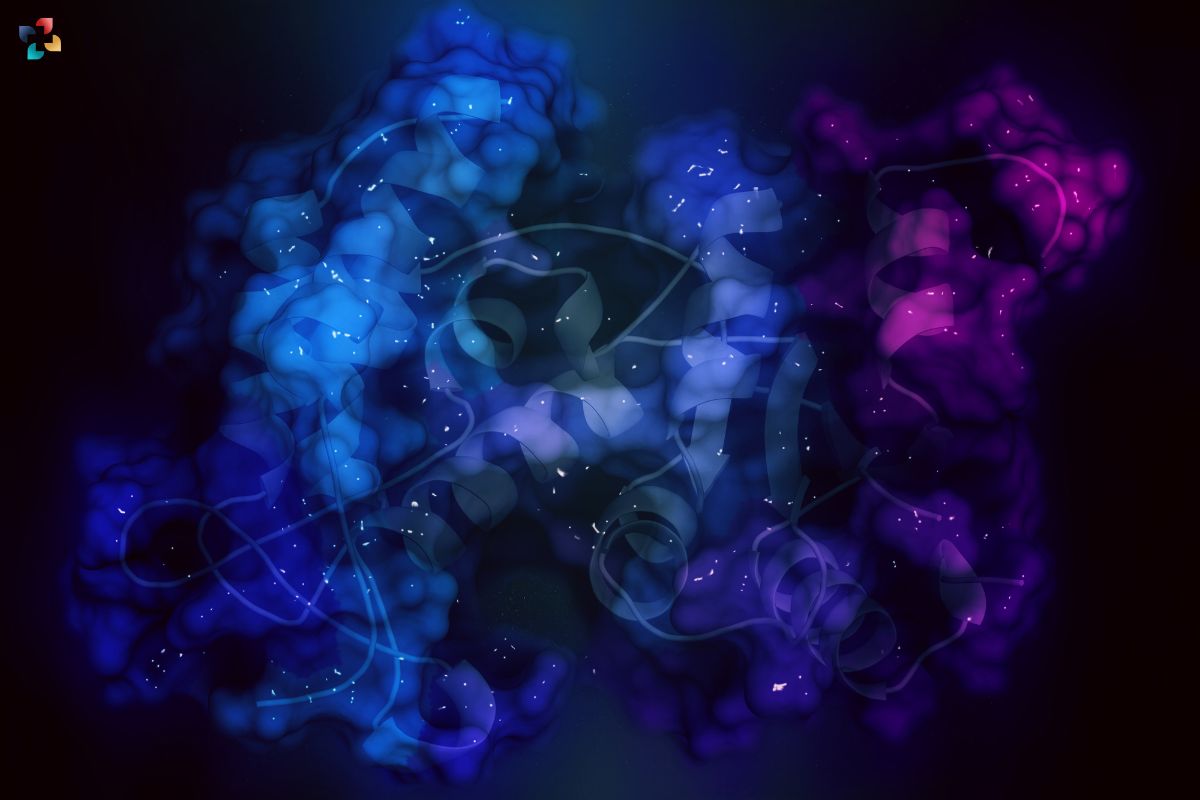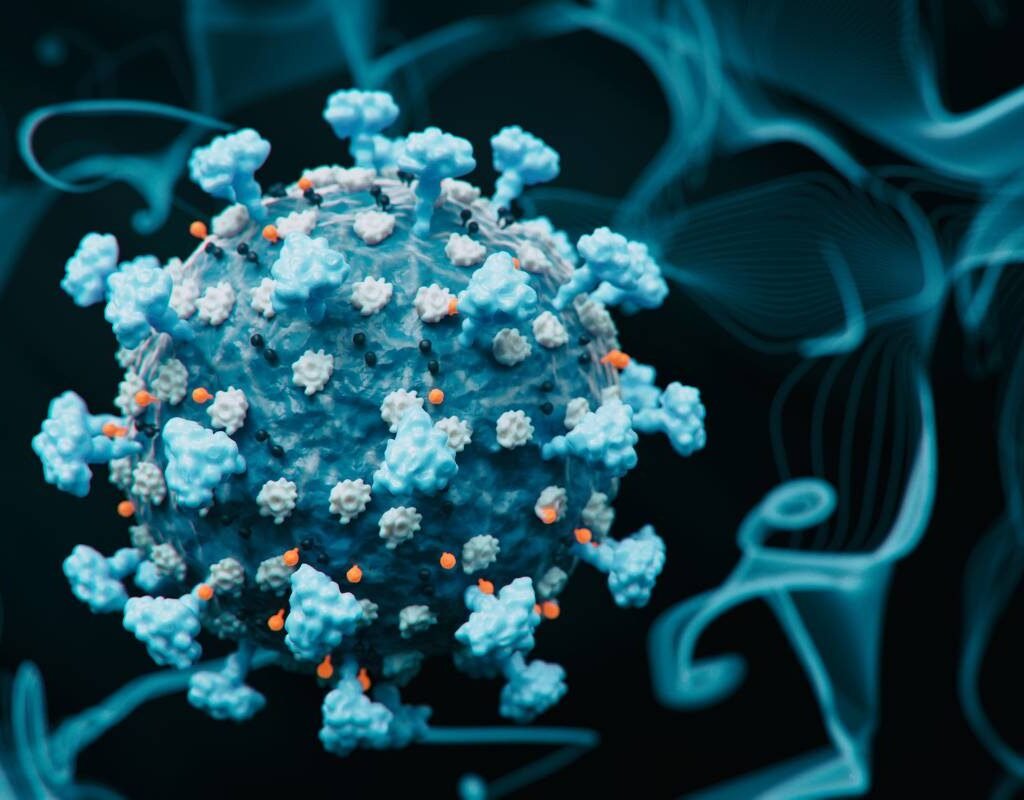Antibodies are the front-line soldiers in the field of immunology, protecting the body from foreign invaders. Comprehending the polyclonal vs. monoclonal antibodies reveals the complexities of the human immune response and the uses of these potent immunological instruments. This article provides a thorough examination of the functions, distinctions, and uses of monoclonal and polyclonal antibodies in research, medicine, and diagnostics.
Polyclonal vs. Monoclonal Antibodies:
1. Defining the Terms:
Monoclonal Antibodies (mAbs): Antibodies produced by identical immune cells, cloned from a single parent cell.
Polyclonal Antibodies (pAbs): Antibodies are produced by multiple immune cells, representing a diverse array of parent cells.
2. Production Process:
Monoclonal Antibodies: Generated from a single hybridoma cell line through laboratory techniques.
Polyclonal Antibodies: Produced by injecting an organism with an antigen, eliciting an immune response and collecting antibodies from the serum.
3. Specificity:
Monoclonal Antibodies: Highly specific, targeting a single epitope on an antigen.
Polyclonal Antibodies: Bind to multiple epitopes on an antigen, offering broader specificity.
Polyclonal vs. Monoclonal Antibodies NCBI:

1. NCBI Perspective:
Monoclonal Antibodies: NCBI emphasizes the singular origin and specificity, highlighting their application in targeted therapies.
Polyclonal Antibodies: NCBI notes the diverse origins and broader specificity, underlining their utility in diagnostic assays.
2. Clinical Applications:
Monoclonal Antibodies: NCBI recognizes their role in treating various diseases, including cancers, autoimmune disorders, and infectious diseases.
Polyclonal Antibodies: Acknowledged for applications in immunodiagnostics, therapeutic antibody cocktails, and immunotherapy.
What is the Difference Between Monoclonal and Polyclonal Origin?
1. Origin of Cells:
Monoclonal Antibodies: Originate from a single hybridoma cell, created through the fusion of a B cell and a myeloma cell.
Polyclonal Antibodies: Arise from multiple B cells stimulated by different antigens, reflecting the diversity of the immune response.
Genetic Uniformity:
Monoclonal Antibodies: Genetically identical, providing uniformity in structure and function.
Polyclonal Antibodies: Genetically diverse, capturing the spectrum of antibodies produced in response to various antigens.
Polyclonal vs. Monoclonal Antibodies: Major Difference
Quizlet Insights:
Monoclonal Antibodies: Emphasized for their uniformity, created from a single parent cell, and highlighted for therapeutic applications.
Polyclonal Antibodies: Recognized for diversity, originating from multiple parent cells, and associated with diagnostic and research applications.
Antigen Recognition:
Monoclonal Antibodies: Specifically recognize a single epitope on an antigen.
Polyclonal Antibodies: Bind to multiple epitopes on an antigen, offering versatility.
Polyclonal vs. Monoclonal Antibodies: Applications in Medicine, Research, and Diagnostics

Monoclonal Antibodies:
Monoclonal antibodies (mAbs) have revolutionized the landscape of medicine, offering targeted therapies and precision in treating various diseases. Their applications extend across different domains, showcasing their versatility and therapeutic potential.
1. Therapeutic Uses
Monoclonal antibodies have emerged as crucial components in the development of targeted therapies for cancer. For instance, trastuzumab, a monoclonal antibody, has proven effective in treating breast cancer by specifically targeting the HER2 protein. Similarly, adalimumab, a monoclonal antibody, is employed in addressing autoimmune disorders like rheumatoid arthritis, providing relief by modulating the immune response.
2. Autoimmune Disorders
Monoclonal antibodies play a pivotal role in managing autoimmune disorders, where the immune system mistakenly attacks the body’s own tissues. By specifically targeting key molecules involved in the inflammatory process, monoclonal antibodies can help alleviate symptoms and improve the quality of life for individuals with conditions like rheumatoid arthritis, psoriasis, and inflammatory bowel diseases.
3. Infectious Diseases
The advent of monoclonal antibodies has been instrumental in responding to infectious diseases. During the COVID-19 pandemic, monoclonal antibodies such as bamlanivimab and casirivimab/imdevimab gained prominence for their therapeutic potential in treating COVID-19 patients. By targeting the spike protein of the SARS-CoV-2 virus, these antibodies aim to neutralize the virus and reduce the severity of the disease.

Polyclonal Antibodies: Unraveling the Complex Web of Immune Defense
We explore the world of polyclonal antibodies in this investigation, learning about their subtleties, how they differ from monoclonal antibodies, and the role they play in the body’s defenses.
Polyclonal Antibodies:
Polyclonal antibodies (pAbs) find their niche in the realm of diagnostics and research, offering broad specificity and versatility in various applications.
1. Immunodiagnostics
Polyclonal antibodies are integral components of diagnostic assays, playing a crucial role in techniques like enzyme-linked immunosorbent assay (ELISA) and Western blot. These antibodies, raised against multiple epitopes, enhance the sensitivity and accuracy of diagnostic tests by recognizing a diverse range of target molecules.
2. Research Tools
In the realm of scientific research, polyclonal antibodies serve as valuable tools for the detection and quantification of specific proteins. Their ability to bind to multiple epitopes allows researchers to explore and analyze complex biological processes, contributing to advancements in various fields, including molecular biology, biochemistry, and cell biology.
3. Immunotherapy
While immunotherapeutic applications of polyclonal antibodies are still in the investigational stage, researchers are exploring their potential in treating certain diseases. The broader specificity of polyclonal antibodies may offer advantages in modulating complex immune responses, presenting opportunities for innovative immunotherapeutic strategies.
In summary, the distinct applications of monoclonal and polyclonal antibodies underscore their unique strengths and contributions to advancing healthcare and scientific understanding. From the precision of targeted therapies to the versatility in diagnostic and research settings, these antibodies continue to shape the landscape of medicine and contribute to the ongoing evolution of biotechnology and immunology.
Monoclonal Antibodies:
Therapeutic Uses: Targeted therapies for cancer (e.g., trastuzumab for breast cancer).
Autoimmune Disorders: Address diseases like rheumatoid arthritis (e.g., adalimumab).
Infectious Diseases: Used against pathogens like SARS-CoV-2 (e.g., monoclonal antibodies for COVID-19).
Polyclonal Antibodies:

Immunodiagnostics: Applied in various diagnostic assays, including ELISA and Western blot.
Research Tools: Utilized for the detection and quantification of proteins in research experiments.
Immunotherapy: Investigated for potential use in treating certain diseases.
Challenges and Advancements
A. Monoclonal Antibodies
Challenges: High production costs and potential for immunogenicity.
Advancements: Continuous refinement in technology, such as the development of fully humanized monoclonal antibodies.
B. Polyclonal Antibodies
Challenges: Batch-to-batch variability and limited scalability.
Advancements: Efforts to enhance reproducibility and standardize production processes.
Future Prospects and Integration
A. Targeted Therapies:
Monoclonal Antibodies: Paving the way for personalized medicine with targeted therapies.
Polyclonal Antibodies: Exploring avenues for improved standardization and wider applications.
B. Combination Therapies:
Synergistic Approaches: Investigating the potential synergy of combining monoclonal and polyclonal antibodies for enhanced therapeutic effects.
Comprehensive Immune Responses: Harnessing the strengths of both types to evoke a comprehensive immune response.
Conclusion:
The contrast of polyclonal vs. monoclonal antibodies in the ever-changing field of immunology illustrates the adaptability and accuracy of the human immune system. The future of healthcare is being shaped by these immunological tools, whose varied uses in research, medicine, and diagnostics are being further refined by continuous breakthroughs. Combining monoclonal and polyclonal antibodies, each with its own advantages, can open up new avenues for therapeutic interventions and help us better grasp the complex language of our immune systems.











